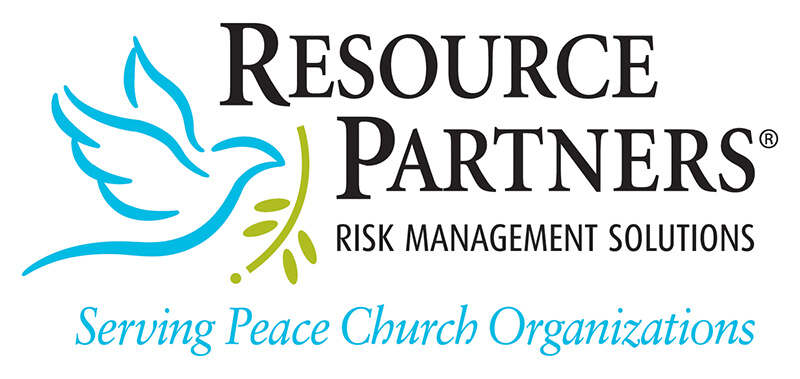Captive Industry is Thriving
The captive industry continues to attract attention. Insurance and reinsurance companies, Lloyd’s syndicates and a growing list of start-ups are attracting significant amounts of capital. The pandemic brought to light many vulnerabilities which will likely lead to a hardening market, particularly for reinsurance companies. Captives permit companies to bypass traditional insurance markets and obtain coverage from reinsurance companies directly, bypassing expenses and capturing profits that would normally go to the insurance carrier. Since the start of Covid-19, experts estimate more than $14 billion has poured into the captive space permitting companies to set aside reserves and maintain their financial position during these volatile market conditions.
For companies that want to take control of managing their risk, captives provide insurance solutions not readily available in traditional markets. The captive may develop flexible risk coverage terms and policy language while improving the risk management and loss prevention capabilities of their members. A captive may hire or replace any service provider involved in management of day-to-day operations. This ensures that service providers align with established financial, social and cultural goals and that the captive is receiving the best service available. With traditional insurance, actuarial, claims, risk control and legal are bundled into the premium and are non-negotiable.
Forming a captive is not without its’ disadvantages. It requires significant time, financial commitment and focus on a long term strategy. A feasibility study, undertaken with an experienced risk management advisor is an essential first step. Actuaries evaluate loss history and exposure profiles to set a loss pick and determine optimal funding levels. Your advisor will work with reinsurance carriers to negotiate terms for covering loss beyond a certain level of risk.
Captives may be domiciled both inside and outside the United States but there are important factors to consider before selecting a location. Captive laws vary by domicile and so it’s important to evaluate the impact of existing and pending legislation on members. Regular board meetings at an exotic location may sound appealing, but ease and cost of travel should also be factored into your evaluation.
Domestically, many legislators have recognized the important role captive insurance companies play in attracting and retaining business to their states leading to the passage of pro-captive legislation and financial requirements. Led by Vermont, the largest US captive insurance domicile, states including North Carolina, Nevada, South Carolina and Tennessee are seeing the formation of new captives increase sharply in 2021, a trend that is expected to continue into 2022.
In December of 2020, the Vermont Department of Financial Regulation has authorized Peace Church Sponsored Captive, LLC. to transact the business of a captive insurance company. The captive provides financial and service benefits along with efficiencies in management to PCRRG, PCHIP and PCWSP and provides key strategic positioning for future initiatives including the creation of additional cells for program development and growth.




